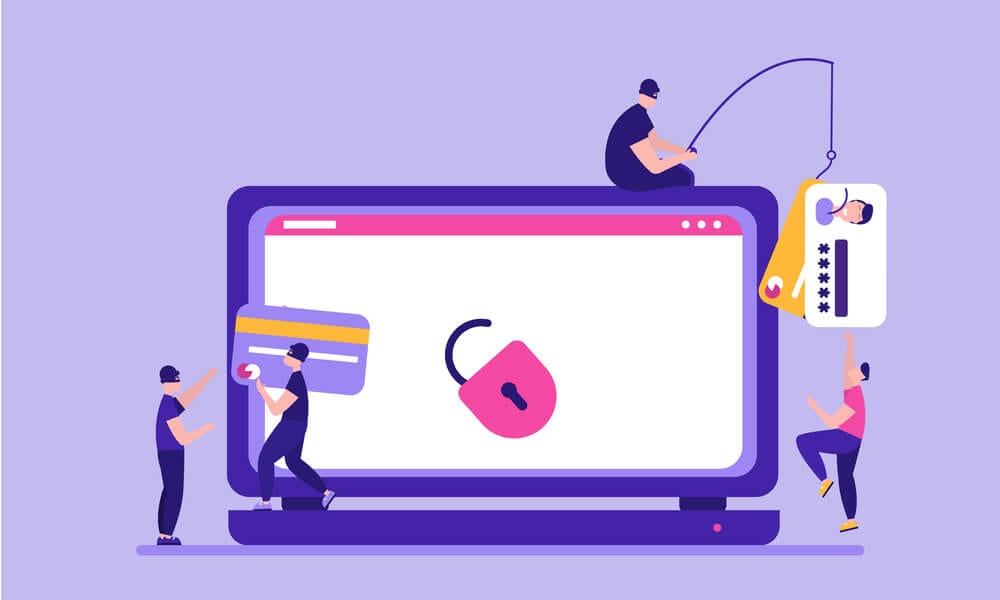Identity theft is a serious crime that can have devastating consequences for victims. It can take years to recover from the financial and emotional damage caused by identity theft. However, there are steps you can take to reduce your risk of becoming a victim. Here are some best practices for preventing identity theft:
1. Protect Your Personal Information
One of the most important things you can do to prevent identity theft is to protect your personal information. This includes your social security number, date of birth, and financial information. Here are some tips:
- Never give out your personal information to anyone unless you have verified their identity and know why they need the information.
- Shred any documents that contain personal information before throwing them away.
- Use strong passwords and never use the same password for multiple accounts.
- Be cautious when using public Wi-Fi and avoid accessing sensitive information on public networks.
2. Monitor Your Credit Report
Monitoring your credit report is an important part of preventing identity theft. You should check your credit report at least once a year to make sure there are no unauthorized accounts or transactions listed. You can get a free credit report from each of the three major credit bureaus (Equifax, Experian, and TransUnion) once a year.
3. Be Cautious of Phishing Scams
Phishing scams are a common way for identity thieves to try and steal your personal information. These scams usually involve an email or phone call that appears to be from a legitimate source (like your bank or a government agency) asking you to provide personal information. Here are some tips to avoid phishing scams:
- Never click on links or download attachments from emails that you were not expecting.
- Always double-check the URL of a website before entering your personal information.
- Be cautious of emails or phone calls that ask for personal information, even if they appear to be from a legitimate source.
4. Use Antivirus Software
Using antivirus software can help protect your computer and personal information from malware and viruses. Make sure your antivirus software is up to date and scan your computer regularly.
5. Be Wary of Public Wi-Fi
Using public Wi-Fi can put your personal information at risk. Hackers can easily intercept information on public networks, so it is best to avoid accessing sensitive information (like banking or credit card information) on public Wi-Fi. If you must use public Wi-Fi, use a virtual private network (VPN) to encrypt your data.
Identity theft can be a devastating crime, but there are steps you can take to reduce your risk. Protecting your personal information, monitoring your credit report, being cautious of phishing scams, using antivirus software, and being wary of public Wi-Fi are all important best practices for preventing identity theft.

